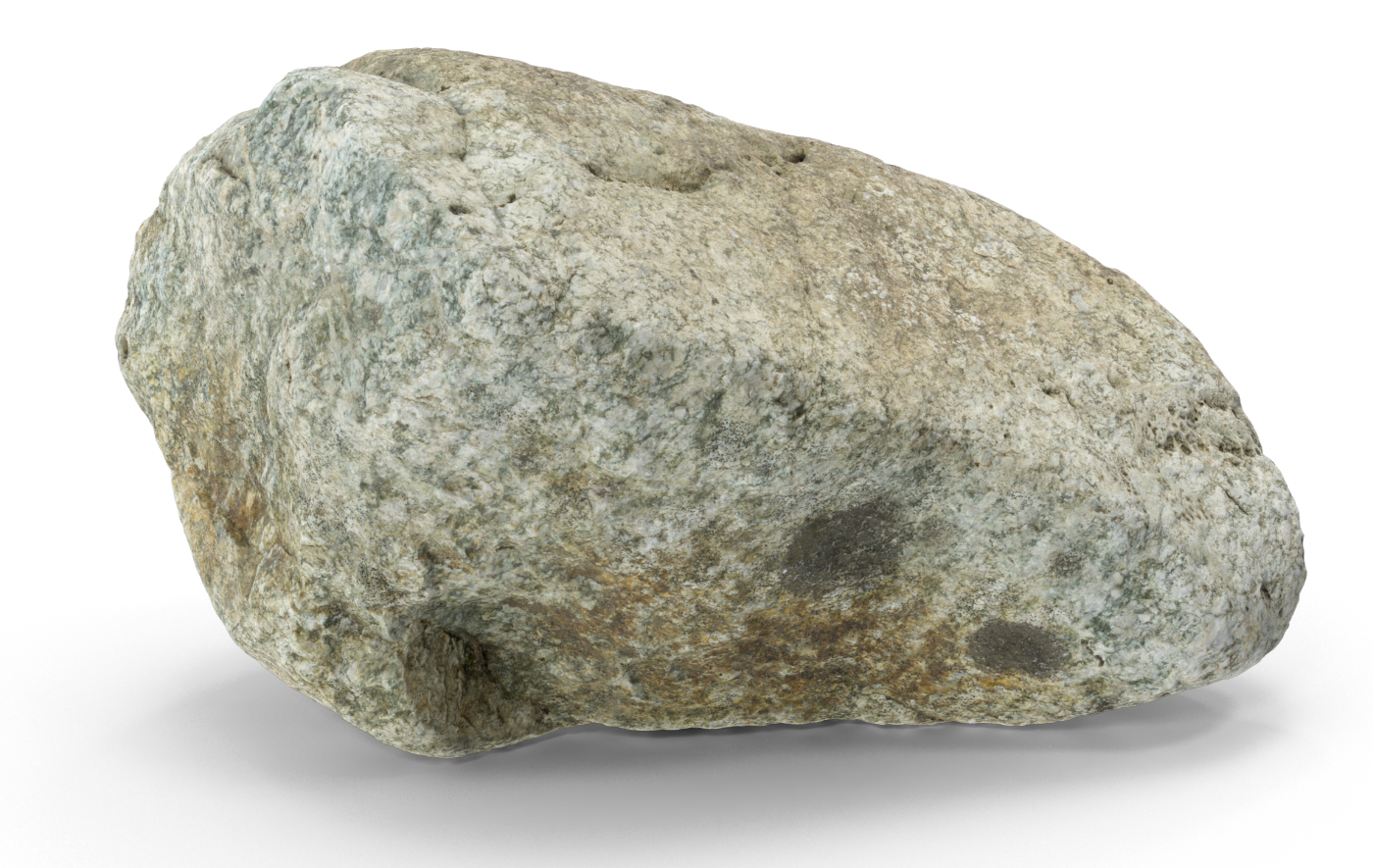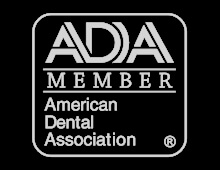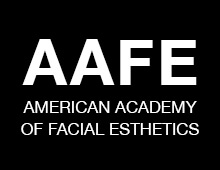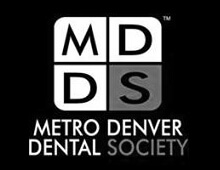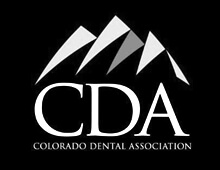Although we are in the business of saving teeth, there are some situations where the extraction of a tooth is necessary.
- Severe decay
- Advanced Periodontal Disease
- Broken beyond repair
- Poorly positioned
- To prepare for orthodontic treatment
In most of these cases, tooth extraction is not the first option we’ll consider. This is because the removal of a single tooth can lead to problems related to your chewing ability, problems with your jaw joint, and shifting teeth, all of which can have a major impact on your dental health.
To avoid these complications, we will discuss alternatives to extractions so you can make the best decision for your oral health. If we choose to move forward with an extraction, we’ll discuss the method of replacement of the extracted tooth so you can get your natural smile back.
Does A Tooth Extraction Hurt?
At the time of extraction, Dr. Levitin numbs the tooth, jawbone and gums that surround the area with a local anesthetic. Patients don’t feel pain during the extraction process but they do tend to feel some pressure; the nerves that transmit the sense of pressure are different from those that transmit pain and they are not significantly affected by the anesthetic.
The pressure a patient feels is nothing to worry about. It is simply caused by the process of firmly rocking the tooth in order to widen the socket for removal.
In some rare cases, teeth require sectioning. This happens when a tooth’s root is curved or it is so firmly anchored in its socket that the socket can’t expand enough to remove it. When this happens, Dr. Levitin simply separates the tooth into sections that can be removed one at a time.
After the procedure, Dr. Levitin and his staff will go over in detail how to take care of the extraction site and answer any other questions you might have.
If you are in need of having teeth extracted due to impacted wisdom teeth, contact Mile High Smiles today. We can assist you with this procedure and we know it is of utmost importance to get this done as quickly as possible.
